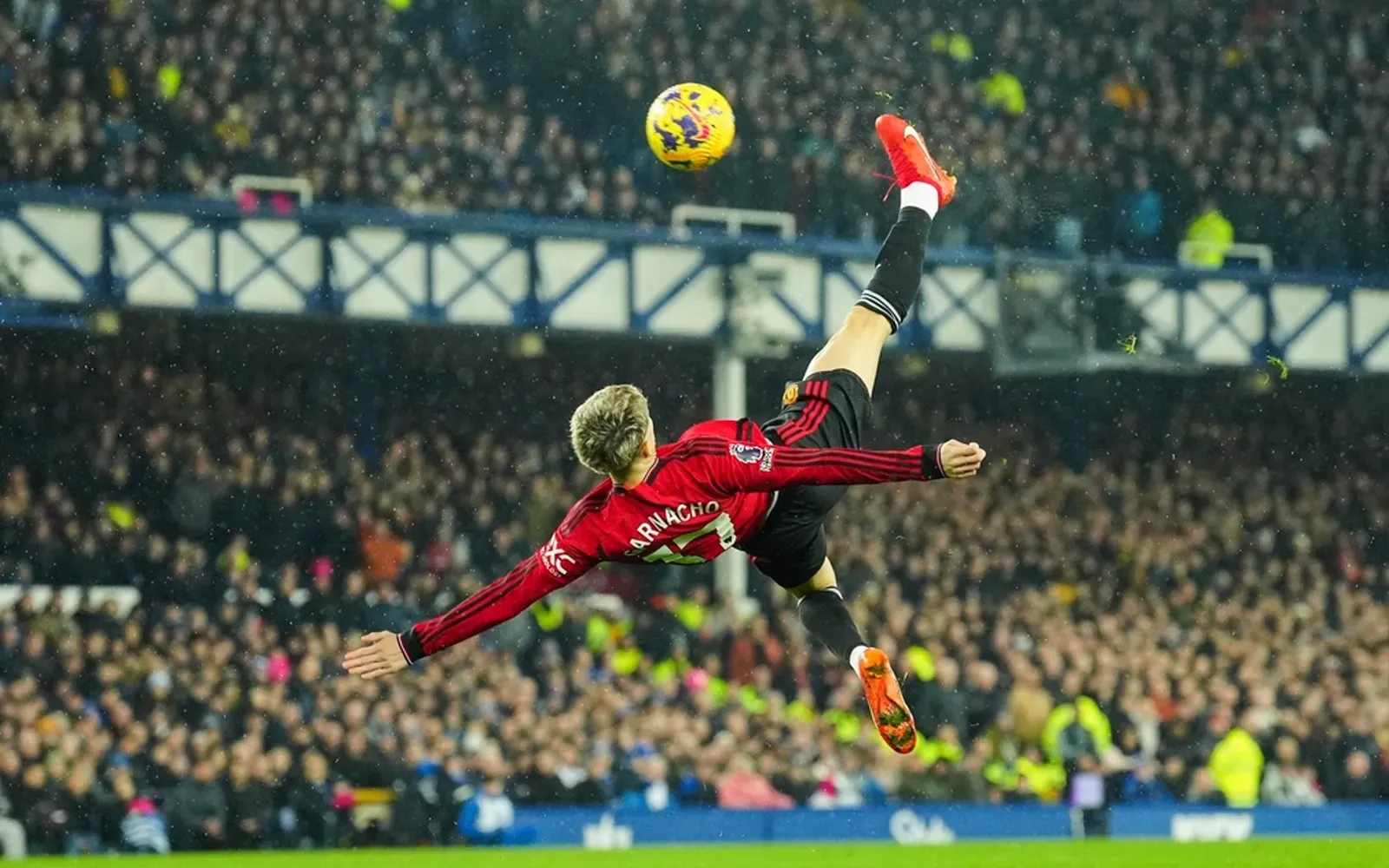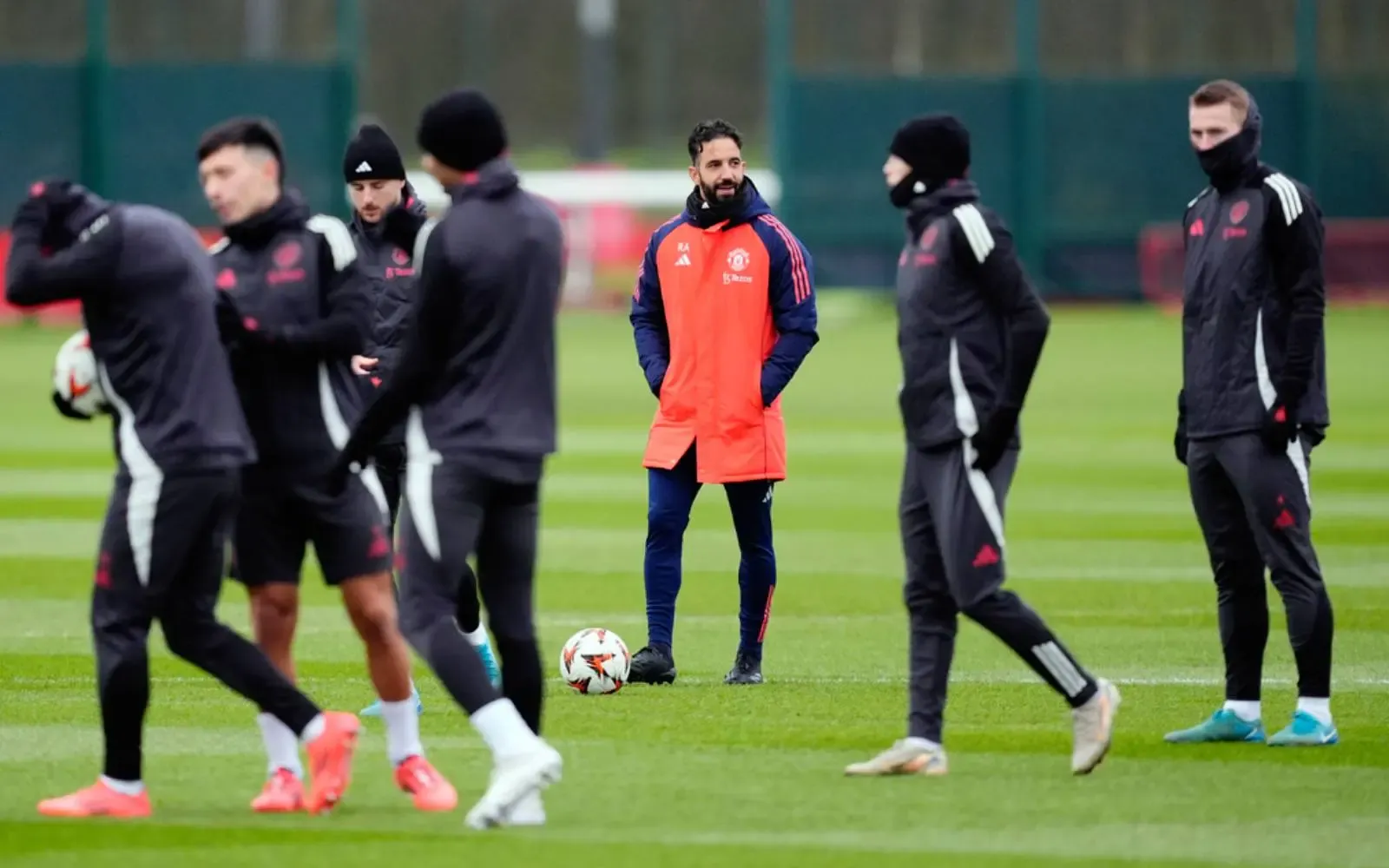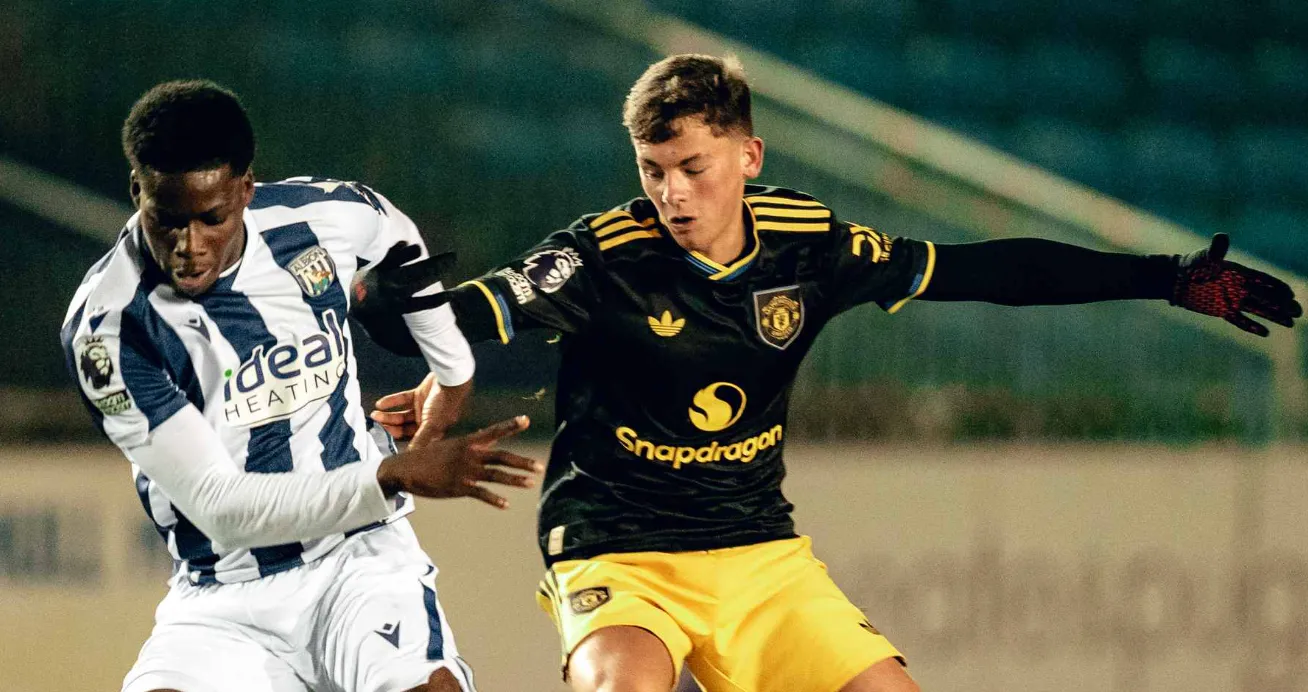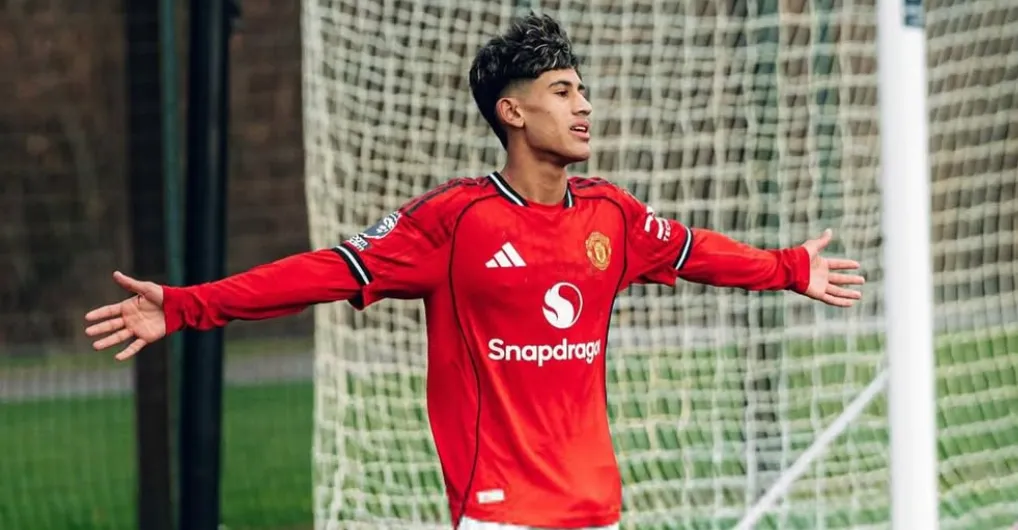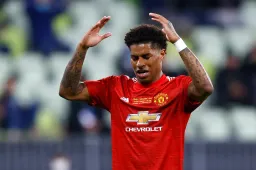Mainoo and Garnacho sales 'enhance rift between Man Utd fans and owners'
OpinionsSunday, 12 January 2025 at 16:00
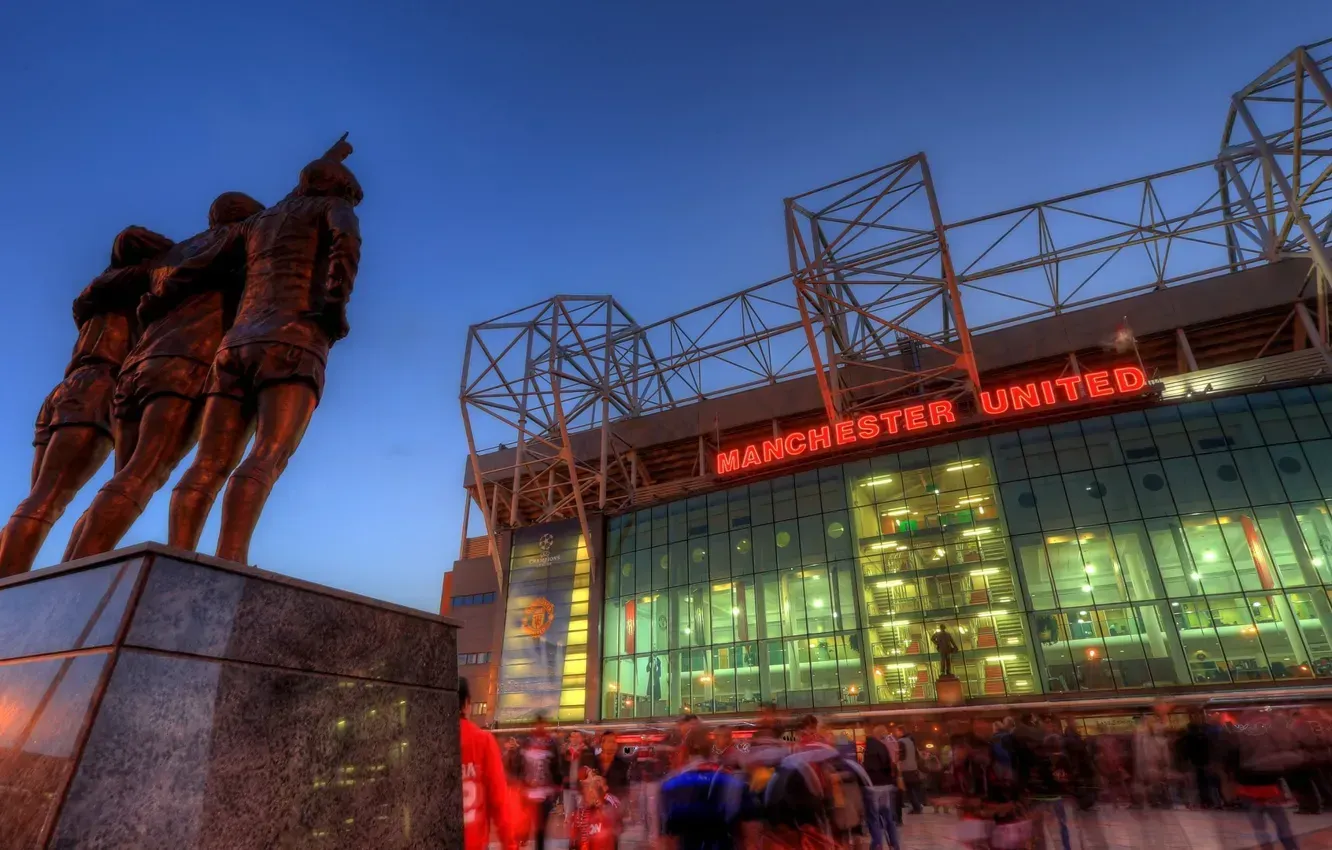
Suggesting that Manchester United might sell some of their brightest young talents is guaranteed to stir emotions among fans.
This week’s speculation about players like Kobbie Mainoo and Alejandro Garnacho leaving Old Trafford has sparked widespread debate, but the issue is far more complex than it seems.
The History: Every Player Has a Price
Manchester United have always operated with the understanding that every player has a price.
Even during the club’s peak years under Sir Alex Ferguson, there were high-profile departures.
Cristiano Ronaldo’s world-record move to Real Madrid in 2009 is a prime example. Despite the heartbreak, it’s undeniable that Ronaldo’s transfer fee looked like a bargain in hindsight.
Similarly, Raphael Varane chose Madrid over United for cultural, historical, and financial reasons—a decision that was ultimately vindicated.
While United remain a global powerhouse in the transfer market, the parameters have shifted in recent years, largely due to financial pressures and increased competition from state-backed clubs.
Read also
Financial Pressures and Poor Management
The Glazer family’s ownership has saddled United with significant debt and financial mismanagement.
Costly mistakes in recruitment and inflated wages for underperforming players have left the club in a precarious position.
The announcement of a "strategic review" in 2022 signaled that even the Glazers could no longer sustain the losses.
Enter Sir Jim Ratcliffe, who has taken a 25% stake in the club and begun making tough decisions to stabilize United’s finances.
While his public goal is to restore United to title-winning form by 2028, his immediate task involves making cuts and addressing inefficiencies.
The Case of Mainoo and Garnacho
Speculation about selling Mainoo, 19, and Garnacho, 20, has alarmed fans.
Both players are viewed as future stars and symbols of United’s proud tradition of nurturing academy talent. Mainoo’s contract runs until 2027 (with a 12-month extension option), while Garnacho is tied to the club until 2028.
United’s history with homegrown players is deeply ingrained in the club’s identity.
For nearly 4,000 consecutive games, an academy graduate has featured in the matchday squad. This legacy is not lost on fans, who fear that selling Mainoo or Garnacho could break this tradition and damage the club’s connection to its roots.
Read also
The Harsh Reality of Financial Sustainability
However, United’s financial constraints complicate matters. Premier League financial rules prioritize profits from academy graduates, making players like Mainoo and Garnacho prime candidates for potential sales.
As The Athletic reported, United are not actively trying to sell them but would reluctantly consider offers if they align with financial objectives.
Sir Jim Ratcliffe faces a delicate balancing act. While he must make tough financial decisions, selling key young talents could alienate fans and undermine his efforts to earn their trust.
Learning from Past Mistakes
United’s struggles in player negotiations have been well-documented. Handing young players massive contracts too soon has often backfired, creating a culture where salaries outweigh achievements.
One sports director recently criticized United for this approach, suggesting it was better to lose young players than inflate their wages prematurely.
The recent extensions for Harry Maguire and Amad Diallo reflect a shift in strategy.
Amad received a deserved pay rise after showing promise, while Maguire’s contract clause was activated with minimal financial impact. These moves were cautiously welcomed by fans.
The Bigger Picture
United’s struggles go beyond individual player negotiations. Decades of poor financial management, excessive debt, and underperformance on the pitch have created an environment where hard decisions are inevitable.
Ratcliffe’s goal of returning United to their former glory depends on rebuilding trust with fans while navigating these challenges.
Fans also have a role to play. Demands to "break the bank" for popular players or "pay whatever it takes" can be naive, ignoring the financial realities the club faces.
Players ultimately make decisions based on their own interests, as history has shown with high-profile exits like Mark Hughes to Barcelona in 1986.
Looking Ahead
Mainoo and Garnacho represent hope for United’s future, but the club must strike a balance between honoring its tradition and adapting to modern financial demands.
Ratcliffe and his team have much to prove, and the next few years will be critical in determining whether United can regain its status as one of football’s elite.
For now, fans can only hope that United’s decision-makers have learned from past mistakes and will prioritize building a sustainable foundation for the club’s long-term success.
Loading
